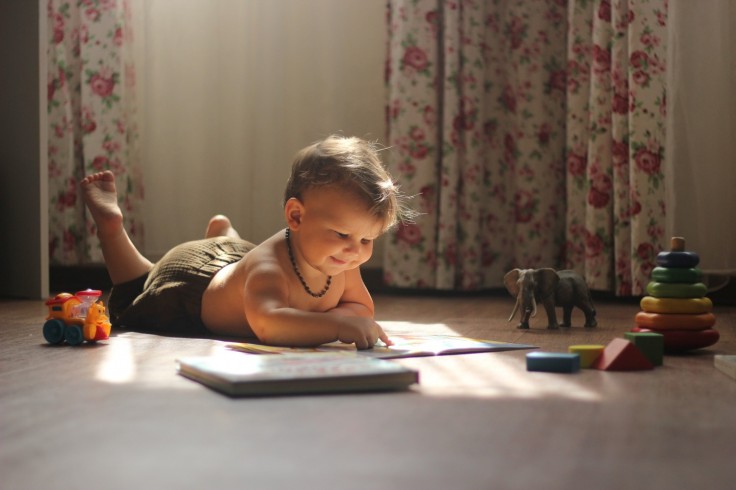
You know it's time to drop the nap when you tell your children to sleep, but you still hear them singing and talking through their bedroom door. If this happens more and more often lately, then the time has finally come that your little one may no longer need such mid-afternoon shut-eye, although they benefit from a daily rest time, per Very Well Family. Kids should not be forced to sleep.
Leah Alexander, a board-certified pediatrician in New Jersey and the senior editor of Amy Baby Review, told the outlet that most kids would stop napping somewhere between 2 and a half and 5 years old. Some 5-years-old still nap while many 4 years old do not nap.
If kids start to wake up early from their nap, it could be a sign that your child is not tired enough to need it anymore. Your child might wake up in the middle of the night. These signs indicate that it's time to shorten or completely give up your child's nap.
Heather Wallace, a certified pediatric sleep consultant, postpartum doula, and the owner of Braveheart Consulting, explains that a child has a particular amount of sleep in her sleep tank. Thus, if a child gets too much sleep during the day, this fills her tank, and there will not be enough space for night sleep. However, even if your child is no longer napping, it is still important to have quiet time.
Activities that stimulate rest
Audiobooks
Audiobooks are entertaining and relaxing for children as they also serve as an excellent alternative to screen time for kids who need to veg out or lie down. Parents can also play audiobooks while the child is busy and working on another activity.
Moreover, audiobooks help young ones to develop their imagination due to the fact that they must picture the scenes and characters described. This activity also promotes a better understanding of words and better work. A particular child may be encouraged to read the book upon which the audio is entirely based.
Colouring or Coloring Books
Colouring book promotes relaxation and helps reduce stress, as this is also beneficial for fine motor development. This quiet activity also trains the brain to focus. Colouring is a cheap activity that only requires limited preparation and can also be brought when travelling.
This also helps to develop eye-hand coordination. Toddlers can start colouring between 12 and 15 months.
Dolls
Playing with dolls is also a quiet activity. This is also beneficial for the child's imaginative play. Primarily, kids act out parenting their baby dolls contributing such in a role-play setting.
This activity also encourages kids to express their thoughts and emotions. According to The Guardian, this also helps kids develop a theory of mind and empathy, including social skills.
Blocks
This form of quiet activity keeps the child's mind creatively engaged. Parents can start with something like Duplo Legos and exchange toys periodically for other options, like plain wooden blocks or Magnatiles, as the child's fine motor skills improve.
Kathleen Harris told NAEYC that building blocks help kids to become self-reliant and establish self-esteem.
Puzzles
Playing puzzles can keep the child happily occupied as long as the mystery is simple enough and straightforward. However, ensure that this activity is within the child's frustration level. Parents should choose puzzles that they can confidently complete on their own.
Thus, while completing a specific puzzle, young ones need to remember the shapes, strategies, positions, and colours to complete puzzles, per Early Childhood.